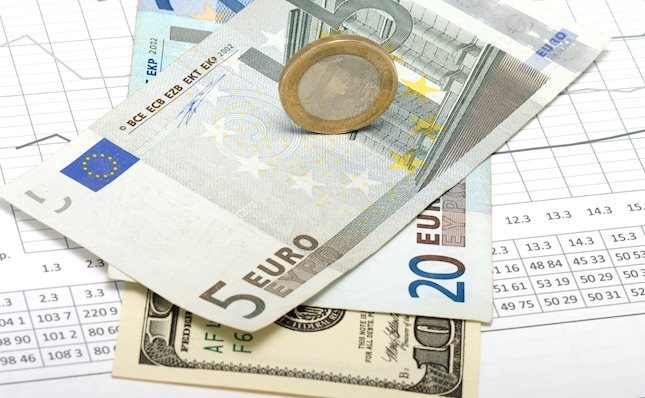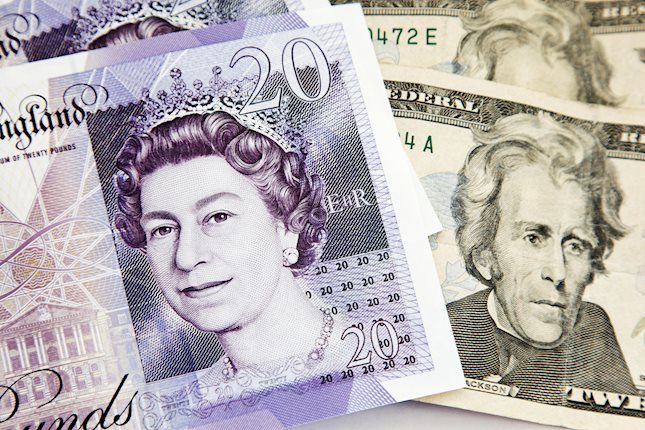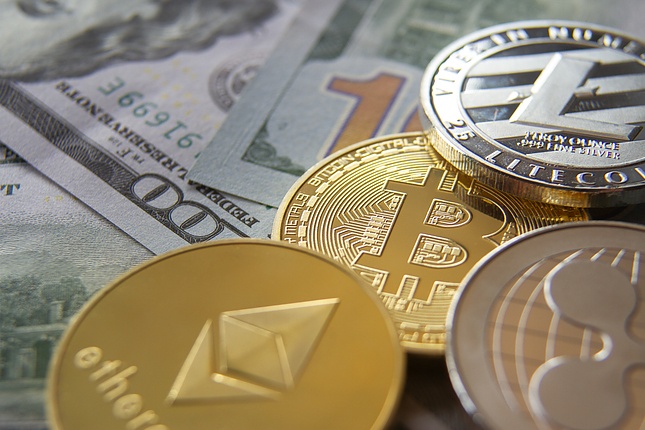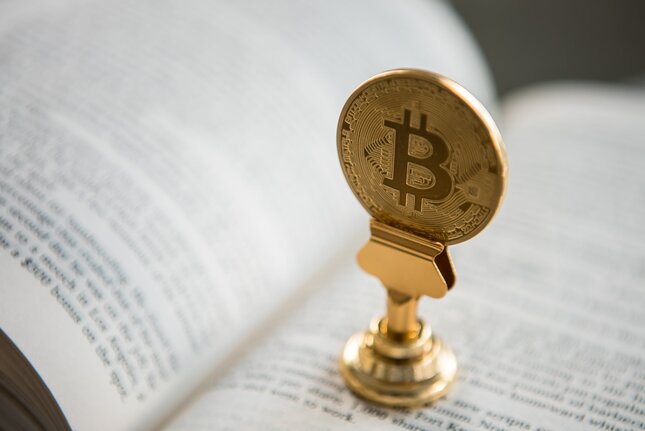Markets
Markets were on an emotional rollercoaster yesterday. The first Ukrainian use of US-made long range ATACMS missiles pushed Russian President Putin into signing off a revised nuclear doctrine. It now includes a possibility of a nuclear response to aggression by non-nuclear states that are supported by other nuclear powers. European stocks lost around 1.5% and hit an intraday bottom (-2%) after Russian minister of foreign affairs Lavrov called it a “signal of escalation”. European stock markets eventually recovered to closing losses of somewhat less than 1% after that same minister tried to calm worries over a nuclear escalation. “We are strongly in favor of doing everything not to allow nuclear war to happen. A nuclear weapon is first and foremost a weapon to prevent any nuclear war.” Haven assets mirrored the intraday sell-off/recovery from equities. German yields ended around 3.5 bps lower across the curve but traded with losses of up to 10 bps. US yields lost up to 2.8 bps in a bull flattening move. EUR/USD closed unchanged just below 1.06, but set an intraday bottom around 1.0530. US stock markets turned starting losses into closing gains (S&P & Nasdaq), mainly thanks to a near 5% increase in Nvidia shares going into tonight earnings from the company. The outcome will influence general market/risk sentiment and could set the tone going into year-end.
EMU Q3 negotiated wage data are today’s economic highlight. Annualized wage growth remained between 4.3% and 4.7% from Q1 2023 to Q1 2024. Last quarter’s decline to 3.5% was welcomed by the ECB in its inflation fight, but remains way above the central bank’s 2% inflation target. ECB Lagarde indicated that forward-looking wage trackers point to a an easing of pay growth in 2025 which she hopes to see reflected in today’s numbers. While a further deceleration is likely, we don’t think they will give sufficient confidence for the ECB to accelerate from 25 bps rate cuts to a 50 bps move in December. It could extend the short term bottoming-out process in EUR rates given that EMU money market still attach a small probability to such a scenario.
UK headline inflation accelerated slightly more than expected in October, by 0.6% M/M to 2.3% Y/Y. Core CPI remained stronger as well, rising by 0.4% M/M to 3.3% Y/Y (from 3.2%). Services CPI ticked up from 4.9% Y/Y to 5%. Today’s figures add strength to the Bank of England’s “not too many, not too much” rhetoric. Sterling strengthens marginally in a first reaction, from EUR/GBP 0.8350 to 0.8330.
News and views
Hungary’s central bank (MNB) kept the policy rate unchanged at 6.5% yesterday. One dissenter voted for a rate decrease, potentially inspired by disappointing Q3 growth and the recent sharper-than-expected inflation decline. The MNB noted that this indicates lower inflation in the short term. But the “exchange rate depreciation seen in the past months as well as changes to the system of excise duties are likely to have inflationary effects in the next year.” The Monetary Council said the increase in risk aversion towards emerging markets was driven by geopolitics and changing growth and central bank expectations of developed economies. The MNB said these developments pose an upside risk to domestic inflation and considered a pause in the cutting cycle appropriate. “Looking ahead, a careful and patient approach to monetary policy is still warranted.”, the statement still says. Its deputy governor in the press conference afterwards stressed the importance of anchoring inflation expectations, which for households are “significantly” above the central bank’s 3% target range. He stuck to earlier guidance of maintaining the current policy rate for a “sustained period”. The Hungarian forint ended yesterday lower against the euro. EUR/HUF closed at 408.3. Hungarian swap yields dropped some 5 bps across the curve, be it in a pre-meeting move.
Austria is expected to give Romania and Bulgaria full accession to Europe’s Schengen zone, the FT reported. Air and maritime checks were already abandoned since end-March but Austria insisted on land border controls because of concerns over irregular migration. It is now ready to drop its veto after Romania and Bulgaria increased security checks, resulting in lower asylum applications and irregular migration. Barring a change-of-mind of the Dutch government, which gave green light in 2023 but now has the far-right Freedom party in the coalition, the matter can be formalized at the next EU home affairs meeting Dec 12. All restrictions may then be lifted at the start of 2025.
This non-exhaustive information is based on short-term forecasts for expected developments on the financial markets. KBC Bank cannot guarantee that these forecasts will materialize and cannot be held liable in any way for direct or consequential loss arising from any use of this document or its content. The document is not intended as personalized investment advice and does not constitute a recommendation to buy, sell or hold investments described herein. Although information has been obtained from and is based upon sources KBC believes to be reliable, KBC does not guarantee the accuracy of this information, which may be incomplete or condensed. All opinions and estimates constitute a KBC judgment as of the data of the report and are subject to change without notice.
Recommended Content
Editors’ Picks

EUR/USD stays pressured below 1.0600, ECB/ Fedspeak eyed
EUR/USD remains depressed below 1.0600 in European trading on Wednesday. The US Dollar advances, tracking US Treasury bond yields higher even though risk appetite returns on fading Russia-Ukraine geopolitical tensions. Central banks' speeches are eyed for fresh impetus.

GBP/USD holds gains near 1.2700 after UK inflation data
GBP/USD holds the latest uptick near 1.2700 in the European session on Wednesday. The data from the UK showed that the annual inflation, as measured by the change in the CPI, rose to 2.3% in October from 1.7% in September, supporting Pound Sterling.

Gold price moves away from one-week top on rising US bond yields, modest USD strength
Gold price retreats after touching a one-and-half-week top earlier this Wednesday and drops to a fresh daily low, below the $2,630 level heading into the European session. A goodish pickup in the US Treasury bond yields, bolstered by bets for a less aggressive policy easing by the Fed, revives the USD demand and undermines demand for the non-yielding yellow metal.

Why is Bitcoin performing better than Ethereum? ETH lags as BTC smashes new all-time high records
Bitcoin has outperformed Ethereum in the past two years, setting new highs while the top altcoin struggles to catch up with speed. Several experts exclusively revealed to FXStreet that Ethereum needs global recognition, a stronger narrative and increased on-chain activity for the tide to shift in its favor.

How could Trump’s Treasury Secretary selection influence Bitcoin?
Bitcoin remained upbeat above $91,000 on Tuesday, with Trump’s cabinet appointments in focus and after MicroStrategy purchases being more tokens.

Best Forex Brokers with Low Spreads
VERIFIED Low spreads are crucial for reducing trading costs. Explore top Forex brokers offering competitive spreads and high leverage. Compare options for EUR/USD, GBP/USD, USD/JPY, and Gold.